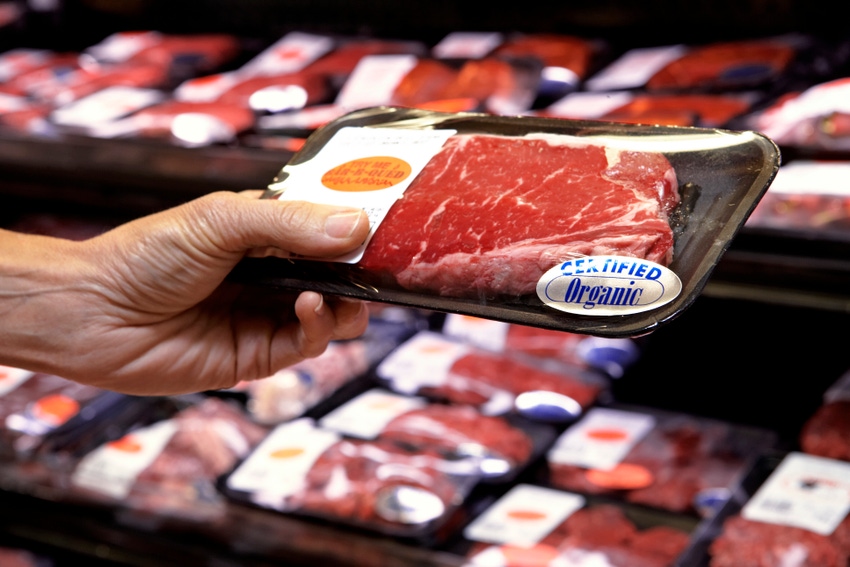Each day at 5 p.m. we collect the five top food and supplement headlines of the day, making it easy for you to catch up on today's most important natural products industry news.
January 7, 2019

Bay Area companies race to get the first cell-based ‘meat’ to market
Feeding the world’s thriving population of meat-eaters in a more ethical, sustainable way is paramount to staunching the effects of climate change—but not a single country in the world has approved cell-based meat, dairy and egg alternatives as of yet. Stateside, the USDA and FDA have agreed to jointly oversee the regulation of the industry, and a plethora cell-based meat companies in the Bay Area have sprung up to move the technology forward in a safe—and delicious—way. This will entail the use of 3D-printed scaffolding to make the animal tissues taste identical to the real thing, among other innovative solutions. Read more at The San Francisco Chronicle …
Guatemalan farms shift to palm oil, fueling family migration
Palm oil cultivation has all but taken over a poor region of Guatemala, meaning many villagers have sold land to palm oil producers and entered a state of co-dependency with these companies. While some argue that the industry’s investment in Raxruha has created jobs, thereby mitigating some of the poverty and violence, critics argue that the farmers have given up their land for a position that does not pay well enough to stop them from migrating. Read more at Reuters …
Protein mania: The rich world’s new diet obsession
2015 data from the UN Food and Agriculture Organization found that the average person in the US and Canada gets roughly twice the recommended amount of protein per day, yet Westerners’ “protein mania” has only grown stronger since then. In an effort to solve a protein-deficiency problem that doesn’t exist, consumers may actually be harming their livers, kidneys and skeletons. But protein is perhaps the “one safe thing that most of the population feel they can put their faith in, whether for weight loss or general health,” although fixating on it inevitably leads to consumers’ losing sight of the forest for the trees. Read more at The Guardian …
Kroger, Microsoft create futuristic grocery store. Amazon, take note
Kroger and Microsoft have partnered to create two test stores with the aim of using data-rich technology to improve consumers’ shopping experiences. The new technology includes shelves that light up with a personalized icon when shoppers reach something that is on their list and AI software that predicts a given shopper’s age and gender so as to tailor products ads to his or her preferences. Kroger plans to commercialize its futuristic shopping experience, which is expected to bring in an additional $400 million in operating profit by 2020. Read more at Bloomberg ...
The biggest food recall of 2018 is one you still haven’t heard about
Last year, the multi-billion-dollar foodservice corporation McCain Foods issued a recall that went largely unnoticed, despite being the largest of the year by far at nearly 100 million pounds of product. One of the company’s 53 plants introduced Salmonella and Listeria monocytogenes to its processed produce, which was then turned into everything from branded freezer meals to ready-to-eat burritos across the country. The contamination could have occurred as early as 2016, meaning three years of ingredients had to be removed stealthily and quickly from grocery store shelves. Read more at New Food Economy …
You May Also Like


